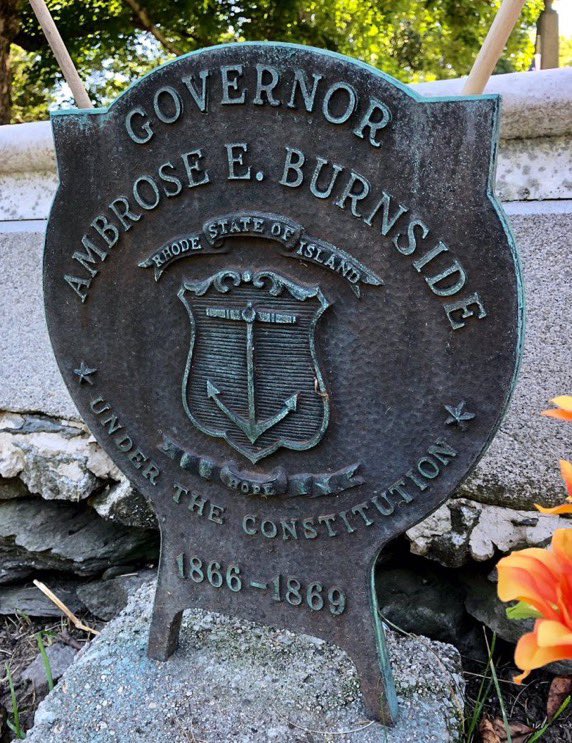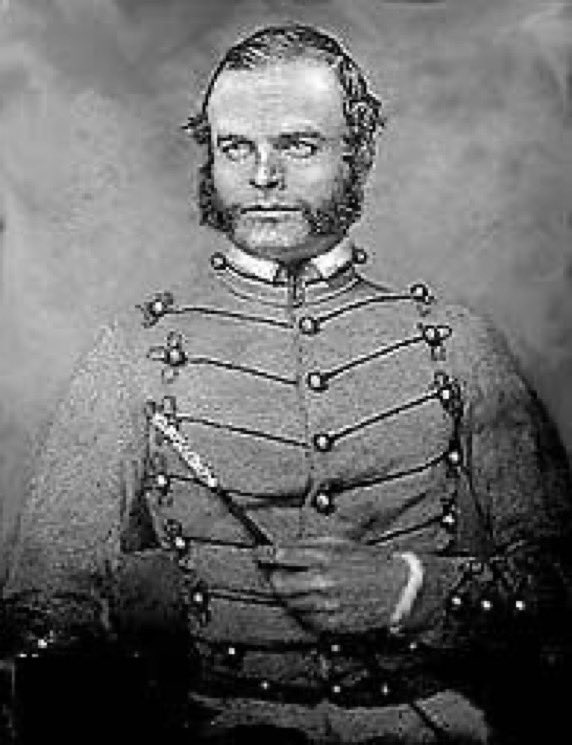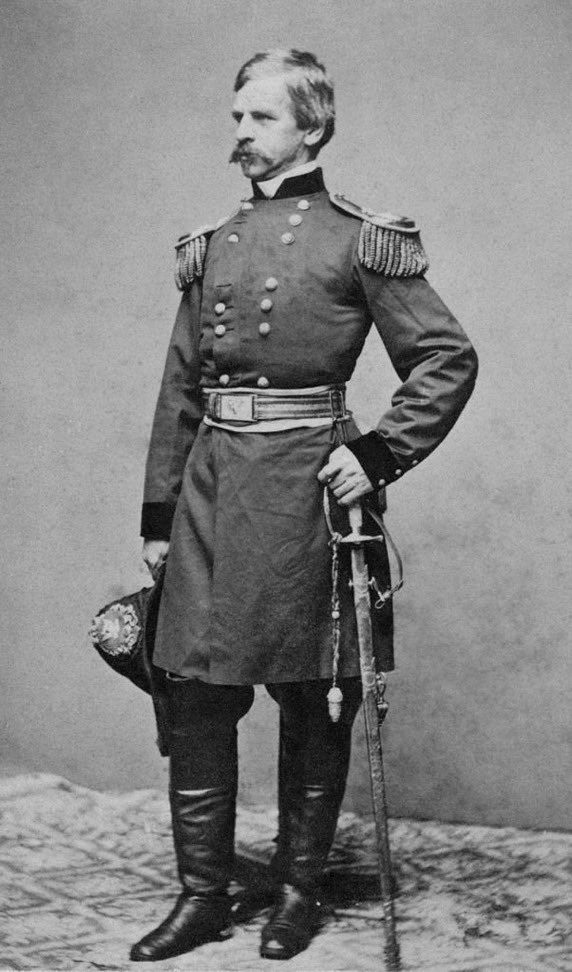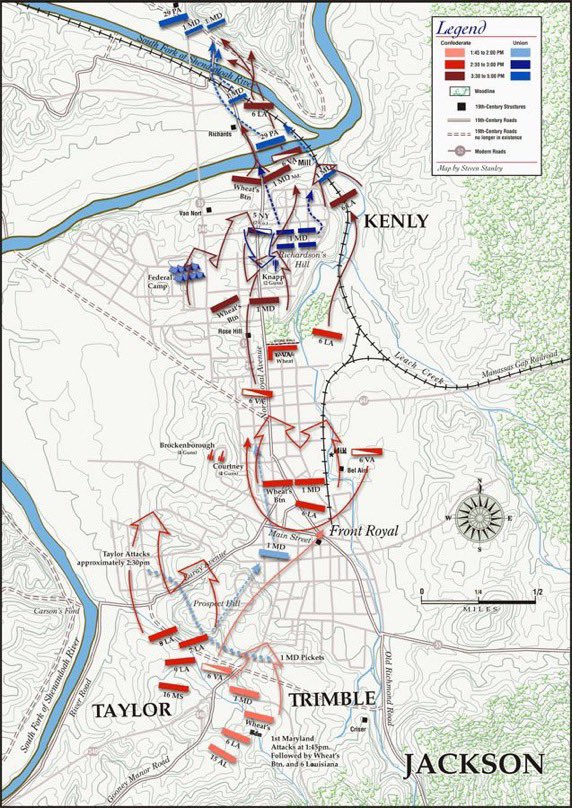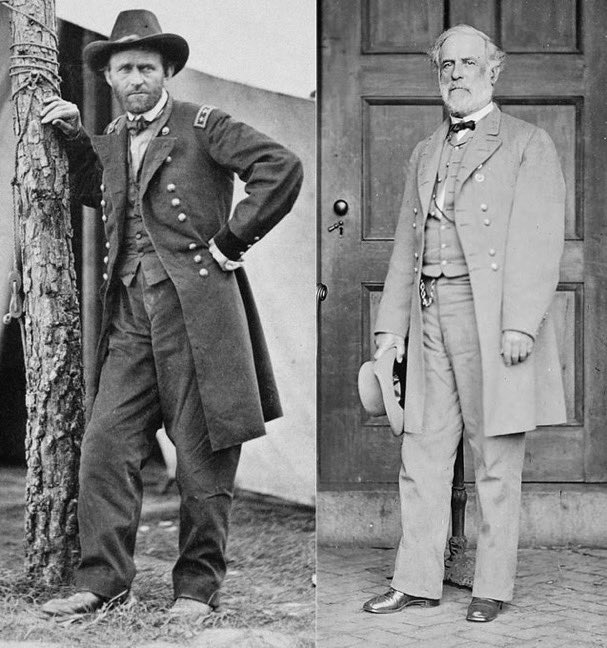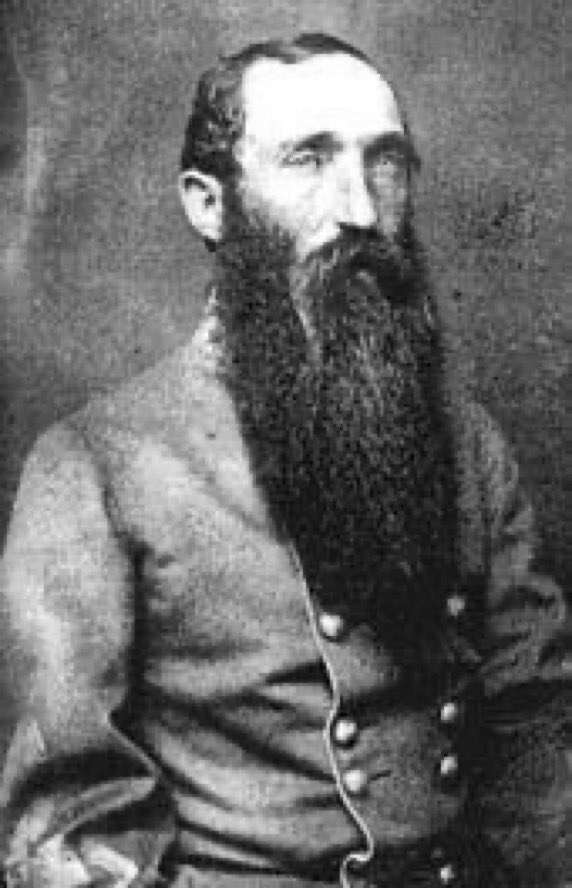Richard "Dick" Taylor died #OTD in 1879, at the age of 53. He was the only son of the late President of the United States, Zachary Taylor, but decided to join the confederacy at the outbreak of the #CivilWar. #ConfederateHeritageMonth🧵 

A graduate of @Yale, Taylor displayed his confederate heritage by running a forced labor farm in Mississippi prior to the war, which included enslaving over 200 Black people. He later sold it and bought a different one named "Fashion" in Louisiana. #ConfederateHeritageMonth 

When his crops failed and he went heavily into debt, Taylor entered politics. He was elected to the Louisiana Senate, where he became a member of the Native American Party, better known as the Know Nothings. The party was known for its harsh xenophobic, anti-immigration policies. 







Taylor served in the confederate army throughout the war, mostly in his home state of Louisiana, and ultimately commanded the Department of Alabama, Mississippi, and East Louisiana. He surrendered his department on May 4, 1865. 



After the war, with his home destroyed, Taylor moved his family to New Orleans. He became active in politics again, opposing Reconstruction, and writing a memoir in which he defended the pre-war Southern way of life and falsely argued that the war was not about slavery. 

• • •
Missing some Tweet in this thread? You can try to
force a refresh




